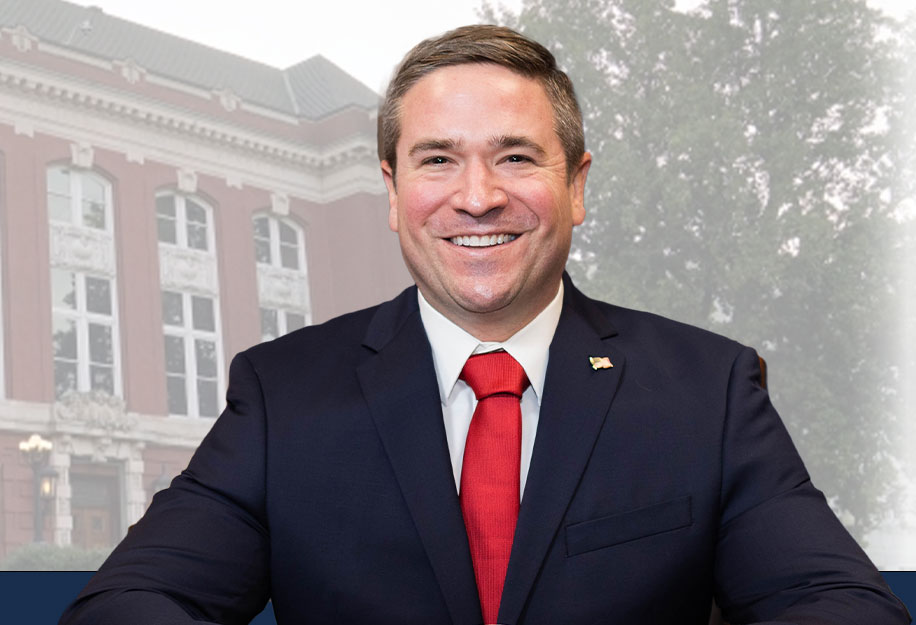Concerns raised by the citizens of Missouri and the Missouri legislature regarding allegations of bias in traffic enforcement prompted the passage of SB 1053 (2000). SB 1053 created Section 590.650, RSMo. which became effective August 28, 2000. This statute created the Vehicle Stops Report and required that the Attorney General’s Office collect and report on traffic stops conducted by law enforcement officers across the state of Missouri.
Under § 590.650, RSMo. all peace officers in the state must report specific information, including a driver’s race, for each vehicle stop made in the state. Law enforcement agencies must provide their vehicle stops data to the Attorney General by March 1, and the Attorney General must compile the data and report to the Governor, General Assembly, and each law enforcement agency no later than June 1 of each year. The law allows the Governor to withhold state funds from any agency that does not submit its vehicle stops data to the Attorney General by the statutory deadline.
After reviewing analysis of the Vehicle Stops Report (VSR) and conferring with law enforcement leaders across the state in 2019, the Attorney General’s Office (AGO) began implementing comprehensive changes to the VSR. These changes will improve the information collected for the report while allowing for a fundamental shift in the level of analysis possible through the VSR. Three new questions have been added to the report that collect information on officer assignment during the stop, the residential zip code of the stopped driver, and the cause of citations and/or warnings issued to the driver. In addition, other questions have been adjusted for clarity or to improve the value of the data collected by adding new response options.
The most significant change to the VSR is the shift toward collecting disaggregated data from across the state. Currently, agencies only report the aggregate numbers of stops meeting the criteria for each question broken down only by the race and ethnicity of the individual involved in the stop. This reporting framework prevents incident-level analyses that could take into consideration other factors such as driver age, driver sex, and time of stop. Multi-variate analysis of incident-level data will significantly improve VSR analysis. To allow for collection of incident-level data, the AGO moved to implement an optional data collection framework that collects all variables for each stop an agency made during the year, rather than just totals by race for each agency. These changes became effective January 2020 and implementation efforts across the state are ongoing.
The summary of statewide vehicle stops data has been provided by Dr. Jeffrey Milyo, Professor and Chair of the Department of Economics at the University of Missouri in Columbia; and Dr. Brittany Street, Assistant Professor of Economics at the University of Missouri at Columbia, and Dr. Jeffrey Milyo, Professor and Chair of the Department of Economics.
2020 Vehicle Stops Report Changes
The 2018 Vehicle Stops Report (VSR) marked 18 years of annual reporting on vehicle stops in Missouri. During this time, only limited changes were made to the VSR, the most notable being the addition of the residency question for the 2018 report. Nearly two decades of reporting and input from stakeholders have revealed areas of needed improvement in the VSR. Beginning in the 2020 reporting year, the Attorney General’s Office will be implementing changes to the VSR that will allow better analysis with the hope of driving more informed dialogue surrounding the report.
See the links below for a summary of the changes and a template 2020 VSR form.
2023 VSR Incident-Level Data Template Form (This spreadsheet can be used to track vehicle stops throughout the year for easy reporting and analysis in the future by smaller agencies. Alternatively, records management system vendors can use this template to better understand the format for incident-level data submission to the Attorney General’s Office.)

